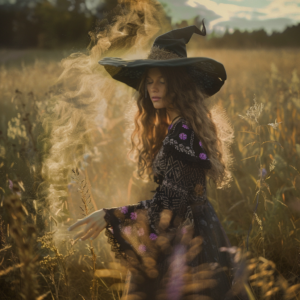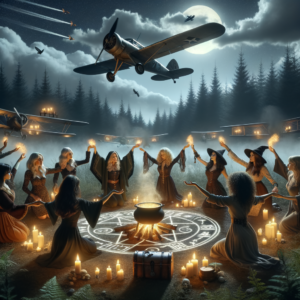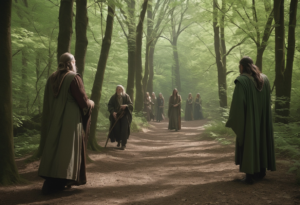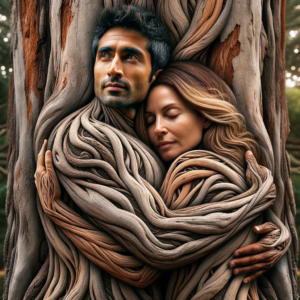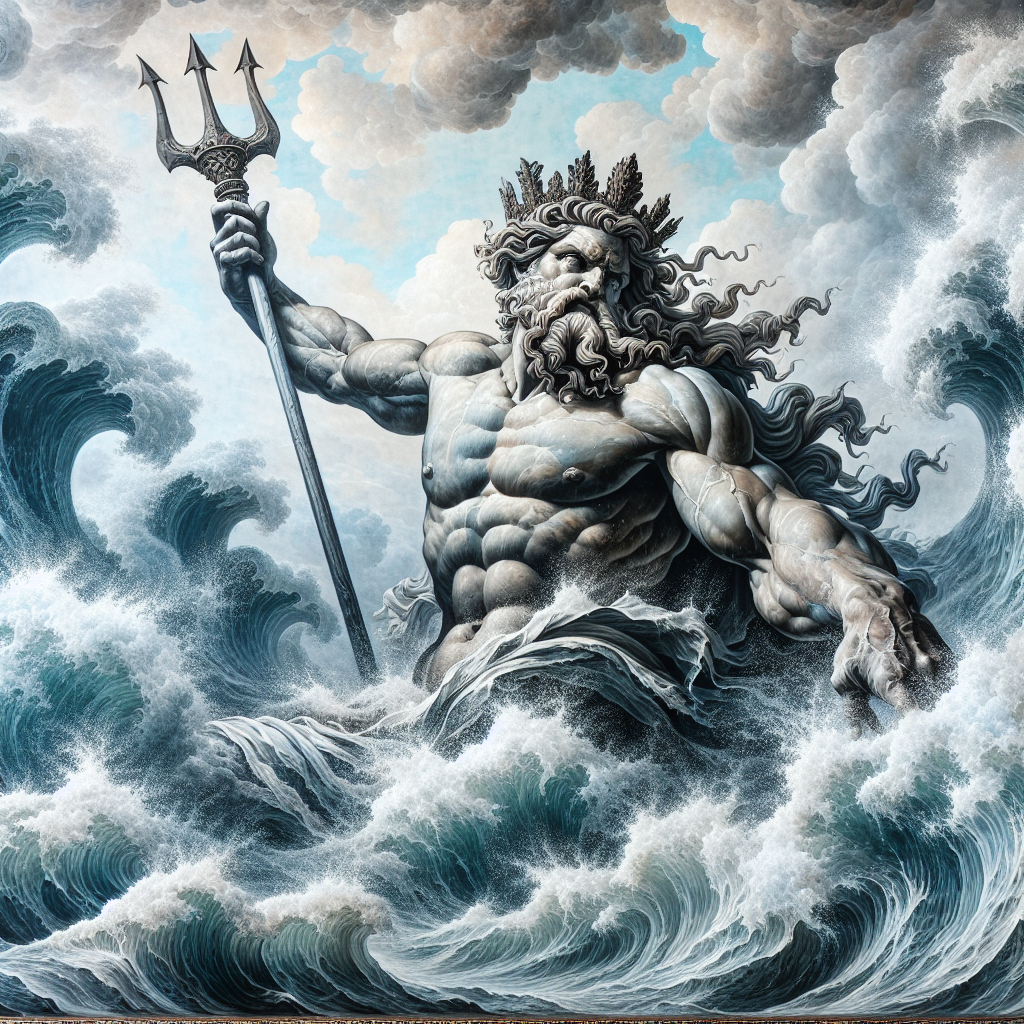
The ancient Romans worshipped a plethora of deities, collectively known as the Roman pantheon. These gods and goddesses held significant importance in Roman society, influencing various aspects such as agriculture, warfare, love, and fertility. In this essay, I will delve into ten of these divinities, discussing their roles, functions, and how they were revered through religious ceremonies and rituals.
Jupiter (Jove) – King of Gods
At the top of the hierarchy stood Jupiter, also known as Jove, who was regarded as the king of gods. He was the chief patron of Rome and represented authority, justice, and power. The Jovial Games, also referred to as the Saturnalia, were held annually to honor him. During these festivities, slaves would dress up like their masters and vice versa, symbolizing equality and social unity. Moreover, people offered sacrifices of oxen, sheep, and goats at his temples, including the Capitoline Temple in Rome.
Juno (Hera) – Queen of Gods
As the queen consort of Jupiter, Juno was the embodiment of femininity, marriage, and childbirth. She was associated with the cypress tree, which was planted near her temples during marriages to bless them with prosperity and fidelity. Additionally, women made offerings of woolen fillets and honeycakes to appease her during the Matronalia festival, celebrating maternal bonds between mothers and daughters.
Mars (Ares) – God of War
Mars was the supreme warrior deity, representing valor, courage, and strength in battle. His cult was widespread among the military class, particularly among soldiers preparing for war. They honored him by offering wine, honey, and cakes at his temple, the Arcus Martis, located adjacent to the Colosseum. Furthermore, young men participated in martial games called Agones Martiales to commemorate Mars’ birthday.
Venus (Aphrodite) – Goddess of Love & Beauty
Venus, the goddess of love, beauty, and fertility, was highly venerated in ancient Rome. Her shrine, the Ara Maxima Venus Cloacina, was situated close to the sewage system, where prostitutes offered prayers seeking wealth and success. To pay tribute to her, Romans organized Vestal Virgins’ processions around Rome, carrying flowers, myrrh, and frankincense to the Forum Boarium.
Mercury (Hermes) – Messenger of Gods
Mercury, the messenger of the gods, symbolized communication, commerce, and trade. He was invoked before any important announcement or deal to ensure its successful outcome. Moreover, merchants dedicated small altars named Mercurii Tabernae to him while traveling. At his annual festival, the Mercuralia, traders presented gifts to the deity, including wax candles, incense, and coins.
Neptune (Poseidon) – God of Sea & Water
Neptune, the sea god, commanded the oceans and rivers. Fishermen prayed to him for safe voyages and abundant catches. Moreover, sailors performed sea rites, casting figurines of Neptune into the water to seek protection against storms and shipwrecks. Also, farmers honored Neptune during the Aqua Tiberina festival, inviting the river Tiber to overflow and replenish the land.
Pluto (Hades) – Lord of Underworld
Pluto, the lord of the underworld, ruled over death and the afterlife. Romans believed that he judged the souls of the deceased, deciding their fate. People performed funeral rites and offered food items such as bread, wine, and honey to Pluto’s statue in tombs. Furthermore, the Lemuralia festival was held annually to purify households from evil spirits, where priests carried wooden statues depicting Plutus, Pluto’s counterpart, through streets.
Diana (Artemis) – Goddess of Moon & Hunt
Diana, the huntress and moon goddess, personified chastity, virginity, and wilderness. Hunters prayed to her for good luck and safe hunting trips. Besides, she was invoked during childbirth to help women give birth painlessly. Women also honored Diana through lunar festivals, such as the Lunaria, where they wore white robes, offered votive tablets to the goddess, and feasted on barley cakes and fruits.
Vulcan (Hephaestus) – God of Fire & Craftsmanship
Vulcan, the blacksmith of the gods, was responsible for fire, metalworking, and craftsmanship. Blacksmiths swore allegiance to him and honored him through his festival, the Volcanalia, by presenting molten iron to the deity. Moreover, artisans and craftspeople paid homage to him by dedicating handmade objects such as pottery, bronze sculptures, and weapons to his temple.
Janus (Ianus) – God of Beginnings & Endings
Janus, the two-faced god, signified beginnings and endings, transitions, and dualism. He had a prominent role during transitional periods such as weddings, funerals, and wars, being invoked before embarking on new ventures. Soldiers saluted Janus before entering enemy territory, believing that it would bring victory. Moreover, individuals paid respects to him during the Agonium Vetus Ianuariae, where they brought offerings of grains, salt, and wine to his temple.
In conclusion, the Roman pantheon consisted of diverse deities, each holding significance in daily life. Their roles, attributes, and rituals reflected different facets of Roman culture, beliefs, and values. By studying the history and mythology behind these gods and goddesses, we can gain insights into the cultural heritage and traditions of ancient Rome. It reminds us that religion played a critical part in shaping societies, fostering communal bonds, and providing solace amidst adversity. As we continue to evolve, let us not forget our roots and cherish our cultural heritage. Let us celebrate the rich legacy of the Roman pantheon and learn from their wisdom.
